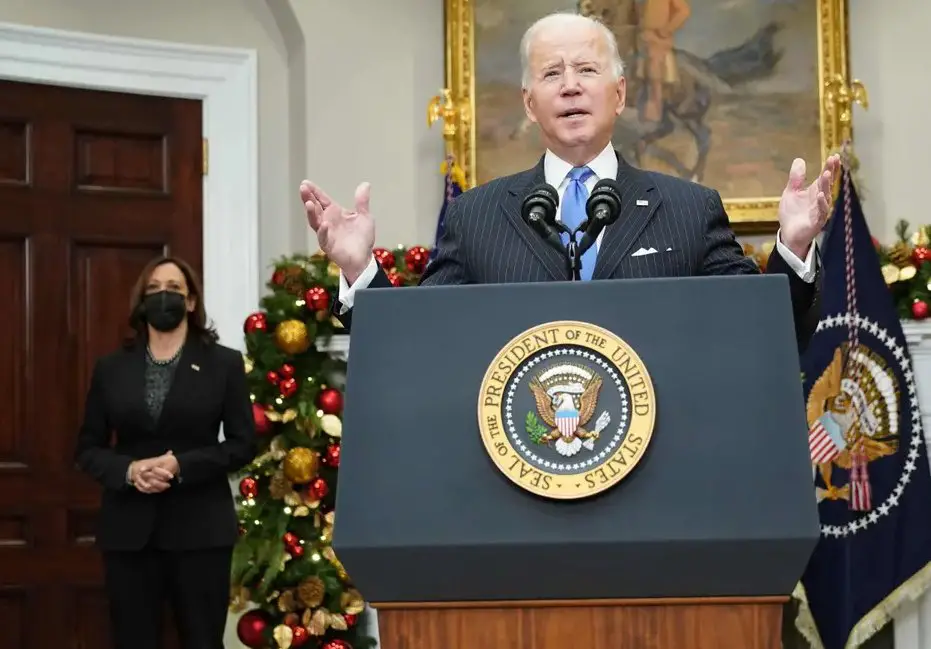There’s a saying one can apply here. Something about putting lipstick on a pig, but it’s still a pig. That’s the situation Democrats find themselves in when it comes to selling their terrible agenda to the American public. Democrats claim their initiatives are widely popular, and broadly supported, like fixing roads or passing a new entitlement of universal Pre-K funding. Why then, they wonder, are voters weary of such massive spending bills and rising inflation rather than focusing on the eventual outcome? Why are voters too stupid to appreciate what Democrats are doing for them?
In a rather frank and misguided diagnosis, Sen. Kirsten Gillibrand, of New York, blamed bad messaging for the problems facing Democrats in the 2022 midterms rather than focusing on the inferior product they’re selling:
At a virtual fundraiser late last month, Sen. Kirsten Gillibrand (D-N.Y.) shared a blunt assessment about the Democratic Party.
“Democrats are terrible at messaging,” she said, according to notes taken by one attendee. “It’s just a fact.”
The admission surprised some attendees for its frankness, but it’s a sentiment that is widely shared among other lawmakers, donors and party leaders. The concerns are growing more urgent as Democrats gear up for grueling midterm elections, in which most in the party expect to lose control of the House and many are also increasingly pessimistic about retaining a majority in the Senate.
Beyond a struggle to sell the nuts-and-bolts of legislation, there are deeper fears among Democrats that the party lacks a cohesive and convincing argument to win over voters in next year’s elections. Democrats are eager to tout the bills they have passed in President Biden’s first year, but a strategy tying together the disparate pieces of legislation — from lowering the cost of child care and eldercare to combating climate change to building roads and bridges — is still lacking.
One very basic challenge Democrats have is trying to do too much and doing it poorly. Rather than focus on a “winning” part of their agenda, their legislative packages are loaded with controversial stuff and bloated spending for a growing bureaucracy. Rattling off a bullet-point list of things people don’t care about when stacked up against kitchen table issues doesn’t help win elections. It may excite the base, the base isn’t enough, as evidenced in the Virginia gubernatorial election.
The other problem is that Democrats want to govern on their pet project issues, not address the more pressing and urgent issues Americans are facing on a daily basis:
White House officials vehemently disagree with that characterization and argue that passing popular policies is the party’s best political strategy. They remain confident Democrats will be rewarded for their legislative success, which includes the recently passed bipartisan infrastructure plan and potential passage of the social spending and climate package known as Build Back Better.
But the Biden administration, and Democrats, continue to be whipsawed by events.
Right now, there is a split focus between fighting Covid, fixing the supply chain, addressing oil production problems, acknowledging inflation, dealing with foreign policy matters, all while trying to pass a bloated “Build Back Better” program in Congress that has weak voter support.
What’s happening is a loss of focus, so the Biden administration is being eaten in small bites by many crises all at once. Congressional Democrats can only stand by and watch most of these issues happen to them while voicing their concerns to the White House, but they’re mostly powerless. If Biden, as the head of the Democratic Party, can’t start putting points on the board on any front, his party will pay dearly next year.
The other problem is that Democrats have few if any accomplishments voters can actually see and appreciate:
Many senators in the room concurred, worrying that the party was not getting credit with voters. Post-election research of Virginia voters conducted by Democratic-aligned groups validated those worries, finding that voters “couldn’t name anything that Democrats had done” and were “unhappy with the direction of the country” and the economy.
“To me the highest message priority for 2022 is to make sure we get credit for having defeated covid and secured the economic recovery,” said Simon Rosenberg, a Democratic strategist. “If we can’t get credit with voters for big important things we’ve done, we are unlikely to get credit for things which largely haven’t happened yet. As the incumbent party, we will be judged by whether we’ve made people’s lives better, not on what legislation we’ve passed.”
Democrats have often, for years, in fact, fretted that if only their messaging was better, they would attract voters across the board on their agenda night and day. I would argue it’s not the messaging, it’s the product, and the product when it’s actually examined in detail is often rejected by voters. Democrats fall in the trap of equating a poll showing broad support for some generic issue as broad support for their version of that issue. They get on cable news and say things like “polls show 95% of Americans support our program.” Then, for some reason, they still lose elections and can’t get bipartisan support.
This brings us to the final diagnosis. It’s not a messaging problem, it’s a lack of leadership causing Biden’s approval to remain underwater. If Biden was able to lead on just about any of these issues, he would retain some confidence from the American people. Instead, after a long 2020 campaign where Biden promised to bring the “adults” back to the White House, but now those so-called “adults” are failing on every issue, what’s left for voters to appreciate or vote for in 2022? Not much.
If voters don’t want it or don’t believe in it, no amount of messaging or repackaging can save it.
Donate Now to Support Election Central
- Help defend independent journalism
- Directly support this website and our efforts
